Intro
Learn about hypertension during pregnancy, its symptoms, and risks. Manage gestational hypertension with healthy lifestyle changes and medical care to ensure a safe pregnancy and prevent preeclampsia and other complications.
Hypertension during pregnancy is a significant health concern that affects thousands of women worldwide. It is a condition characterized by high blood pressure, which can lead to serious complications for both the mother and the baby if left untreated. High blood pressure during pregnancy can increase the risk of premature birth, low birth weight, and even maternal and fetal mortality. According to the American College of Obstetricians and Gynecologists (ACOG), hypertension is one of the leading causes of maternal and fetal morbidity and mortality. Therefore, it is essential to understand the risks, symptoms, and treatment options available for managing hypertension during pregnancy.
The importance of monitoring blood pressure during pregnancy cannot be overstated. Regular check-ups with a healthcare provider can help identify any potential issues early on, allowing for prompt intervention and minimizing the risk of complications. Women who are at high risk of developing hypertension during pregnancy include those with a history of high blood pressure, kidney disease, or certain medical conditions such as diabetes or lupus. Additionally, women who are carrying multiple fetuses, are over the age of 35, or have a family history of hypertension are also at increased risk.
Pregnancy-induced hypertension can be asymptomatic, making it crucial for women to attend regular prenatal check-ups. Symptoms may include severe headaches, vision changes, and abdominal pain, which can be indicative of a more serious condition called preeclampsia. Preeclampsia is a pregnancy complication characterized by high blood pressure and damage to organs such as the kidneys and liver. If left untreated, preeclampsia can lead to severe complications, including seizures, stroke, and even death. Understanding the warning signs and seeking medical attention promptly can significantly improve outcomes for both the mother and the baby.
Understanding Hypertension During Pregnancy
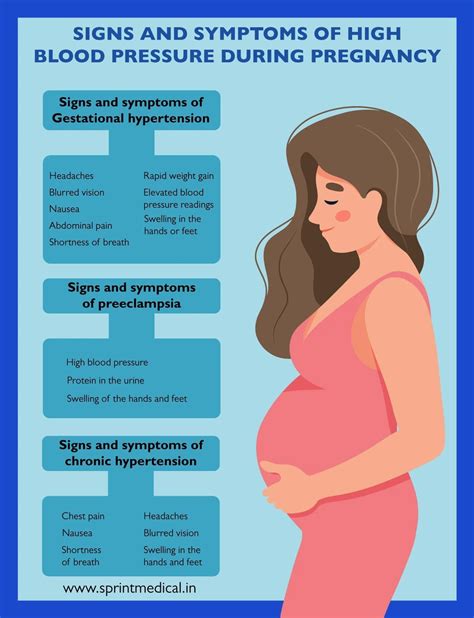
Risk Factors for Hypertension During Pregnancy
Several risk factors can increase a woman's likelihood of developing hypertension during pregnancy. These include: * Age: Women over the age of 35 are at increased risk of developing hypertension during pregnancy. * Family history: Women with a family history of hypertension are more likely to develop the condition during pregnancy. * Medical conditions: Certain medical conditions, such as diabetes, kidney disease, and lupus, can increase the risk of developing hypertension during pregnancy. * Multiple fetuses: Women carrying multiple fetuses are at increased risk of developing hypertension during pregnancy. * Obesity: Women who are overweight or obese are at increased risk of developing hypertension during pregnancy.Diagnosing Hypertension During Pregnancy
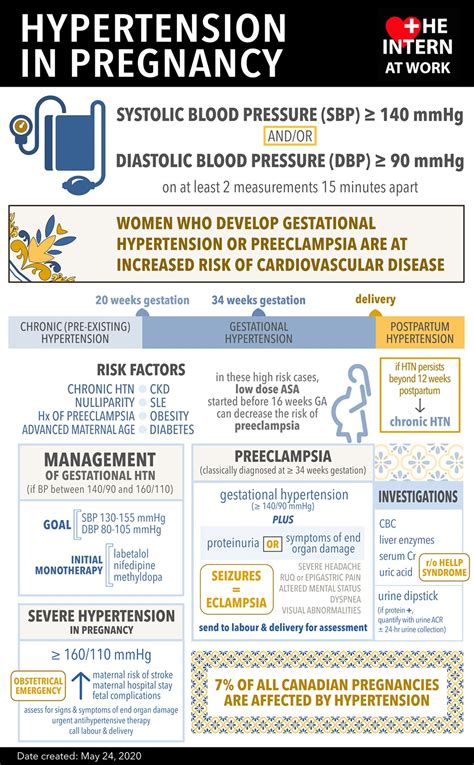
Monitoring Blood Pressure During Pregnancy
Monitoring blood pressure during pregnancy is crucial for identifying any potential issues early on. Women should work closely with their healthcare provider to: * Attend regular prenatal check-ups * Monitor blood pressure at home * Report any symptoms or concerns to their healthcare provider promptlyTreatment Options for Hypertension During Pregnancy

Medications for Hypertension During Pregnancy
Several medications are available to treat hypertension during pregnancy. These include: * Methyldopa: A medication that works by decreasing the activity of the blood vessels, which helps to lower blood pressure. * Nifedipine: A medication that works by relaxing the blood vessels, which helps to lower blood pressure. * Labetalol: A medication that works by decreasing the activity of the heart and blood vessels, which helps to lower blood pressure.Complications of Hypertension During Pregnancy
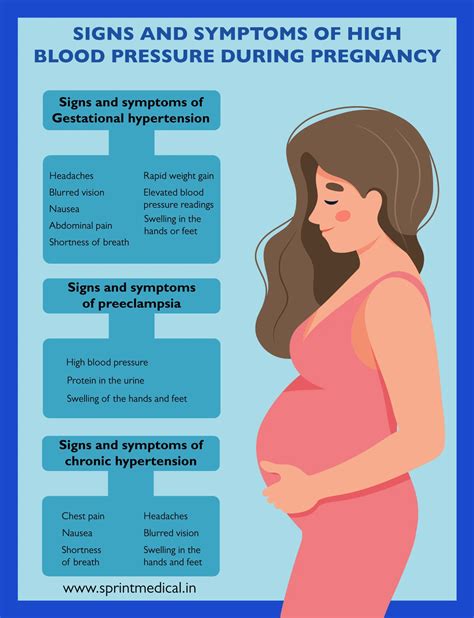
Preventing Complications of Hypertension During Pregnancy
Preventing complications of hypertension during pregnancy requires close monitoring and management of the condition. Women should work closely with their healthcare provider to: * Attend regular prenatal check-ups * Monitor blood pressure at home * Report any symptoms or concerns to their healthcare provider promptly * Follow a healthy lifestyle, including maintaining a healthy diet and engaging in regular physical activityManaging Hypertension During Pregnancy
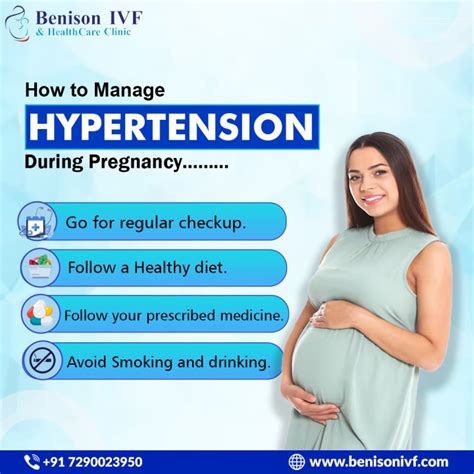
Lifestyle Changes for Managing Hypertension During Pregnancy
Lifestyle changes can play an important role in managing hypertension during pregnancy. These include: * Maintaining a healthy diet: Eating a diet rich in fruits, vegetables, and whole grains can help lower blood pressure. * Engaging in regular physical activity: Regular physical activity can help lower blood pressure and improve overall health. * Managing stress: Stress can exacerbate hypertension, so finding healthy ways to manage stress, such as through meditation or deep breathing, can be beneficial.Conclusion and Future Directions
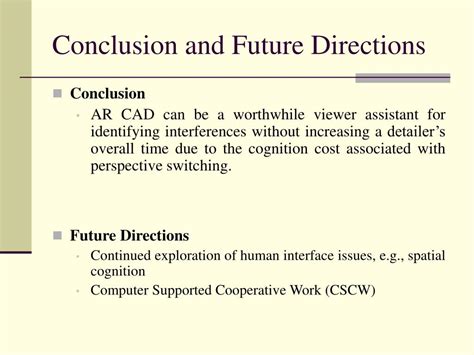
What are the symptoms of hypertension during pregnancy?
+Symptoms of hypertension during pregnancy may include severe headaches, vision changes, and abdominal pain. However, some women may not experience any symptoms at all, which is why regular prenatal check-ups are crucial.
How is hypertension during pregnancy diagnosed?
+Hypertension during pregnancy is typically diagnosed by measuring blood pressure at regular prenatal check-ups. A diagnosis of hypertension during pregnancy is typically made when a woman's blood pressure is 140/90 mmHg or higher on two separate occasions.
What are the treatment options for hypertension during pregnancy?
+Treatment options for hypertension during pregnancy depend on the severity of the condition and the gestational age of the fetus. Women with mild hypertension may be able to manage their condition with lifestyle changes, while women with more severe hypertension may require medication to control their blood pressure.
Can hypertension during pregnancy be prevented?
+While some risk factors for hypertension during pregnancy cannot be changed, such as age or family history, women can reduce their risk by maintaining a healthy lifestyle, including eating a healthy diet and engaging in regular physical activity.
What are the complications of hypertension during pregnancy?
+Hypertension during pregnancy can lead to several complications, including preeclampsia, premature birth, low birth weight, and maternal and fetal mortality. Close monitoring and management of the condition can help prevent these complications.
We hope this article has provided you with a comprehensive understanding of hypertension during pregnancy. If you have any further questions or concerns, please do not hesitate to reach out to your healthcare provider. Additionally, we invite you to share your experiences or ask questions in the comments section below. By working together, we can promote awareness and understanding of this important health topic.
